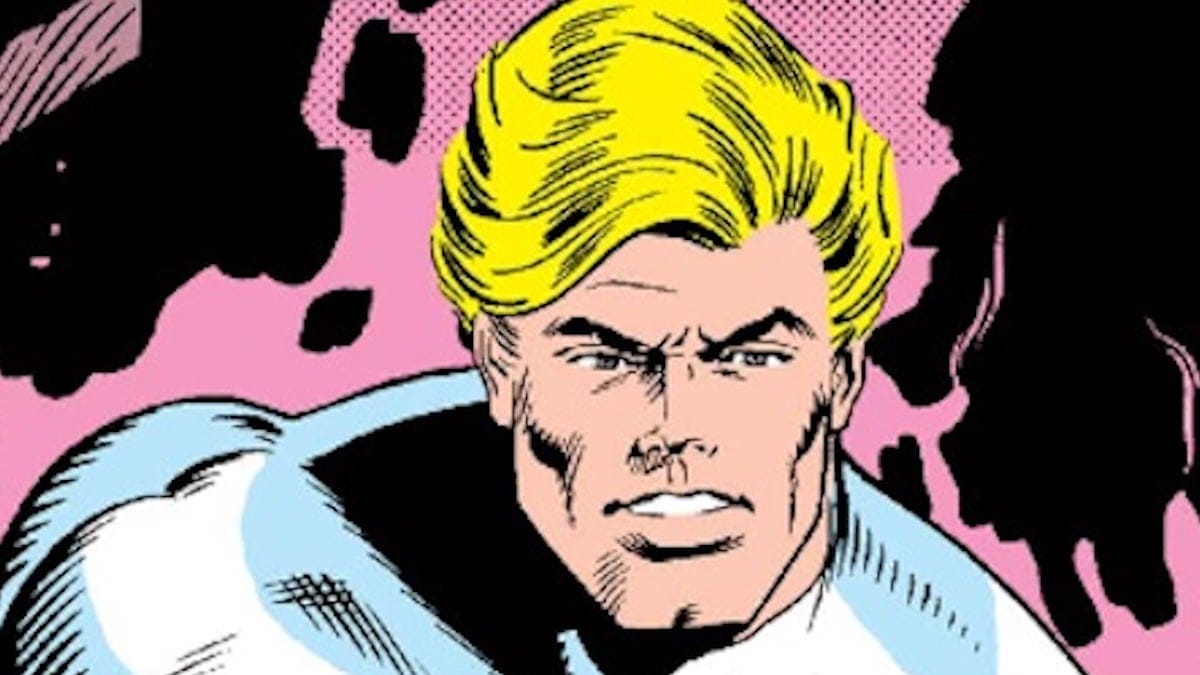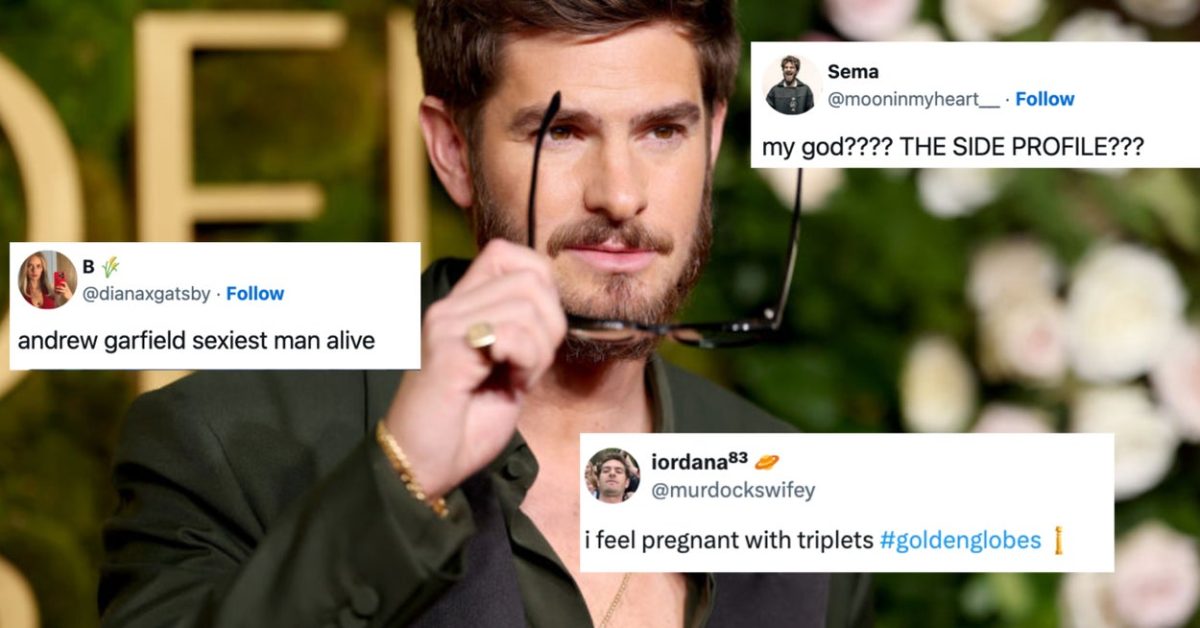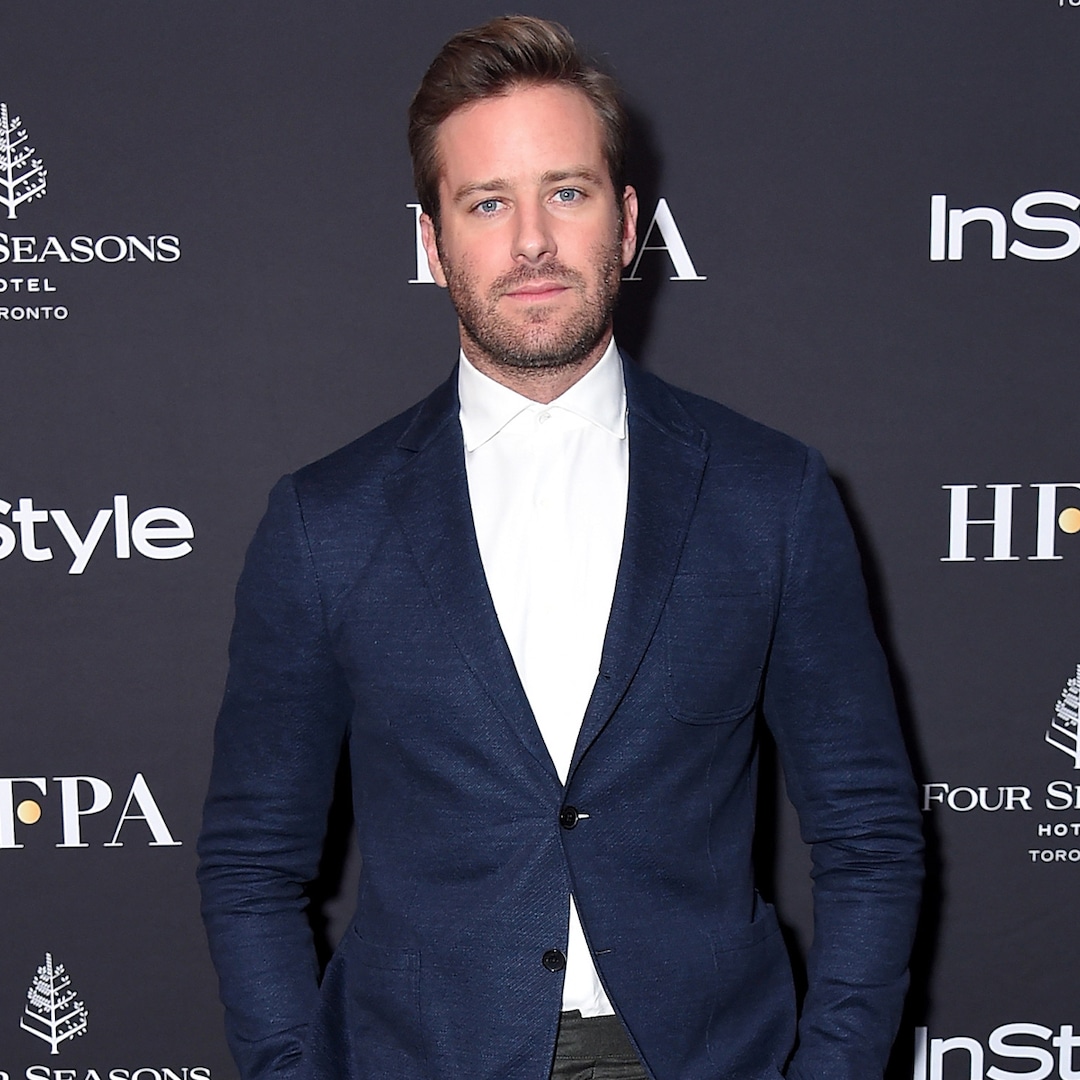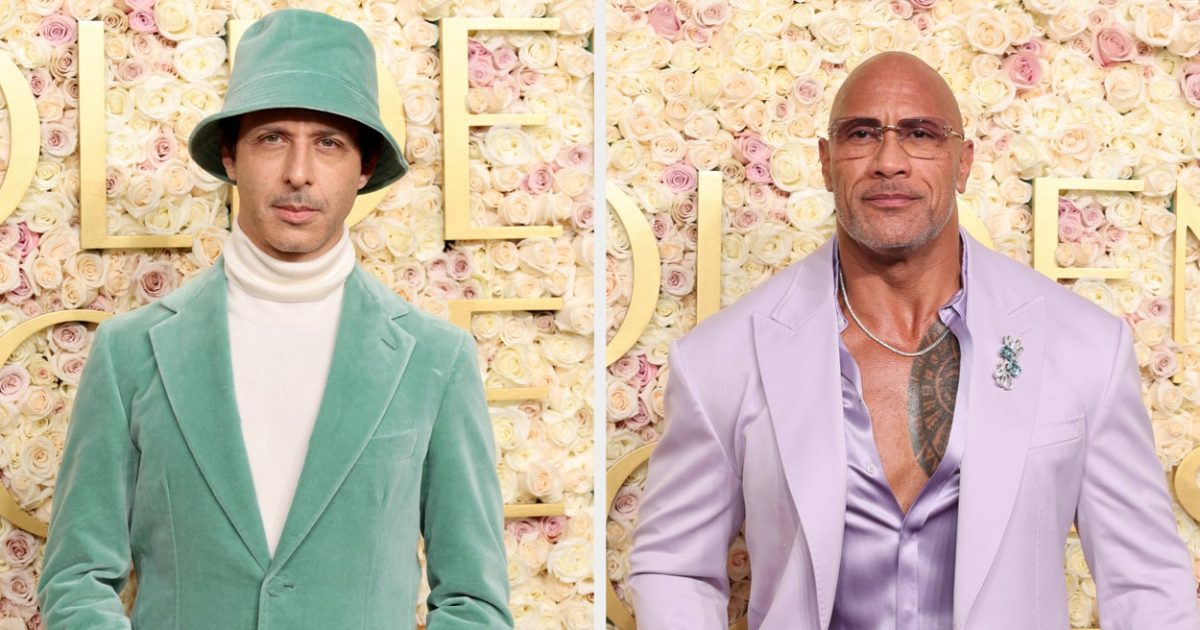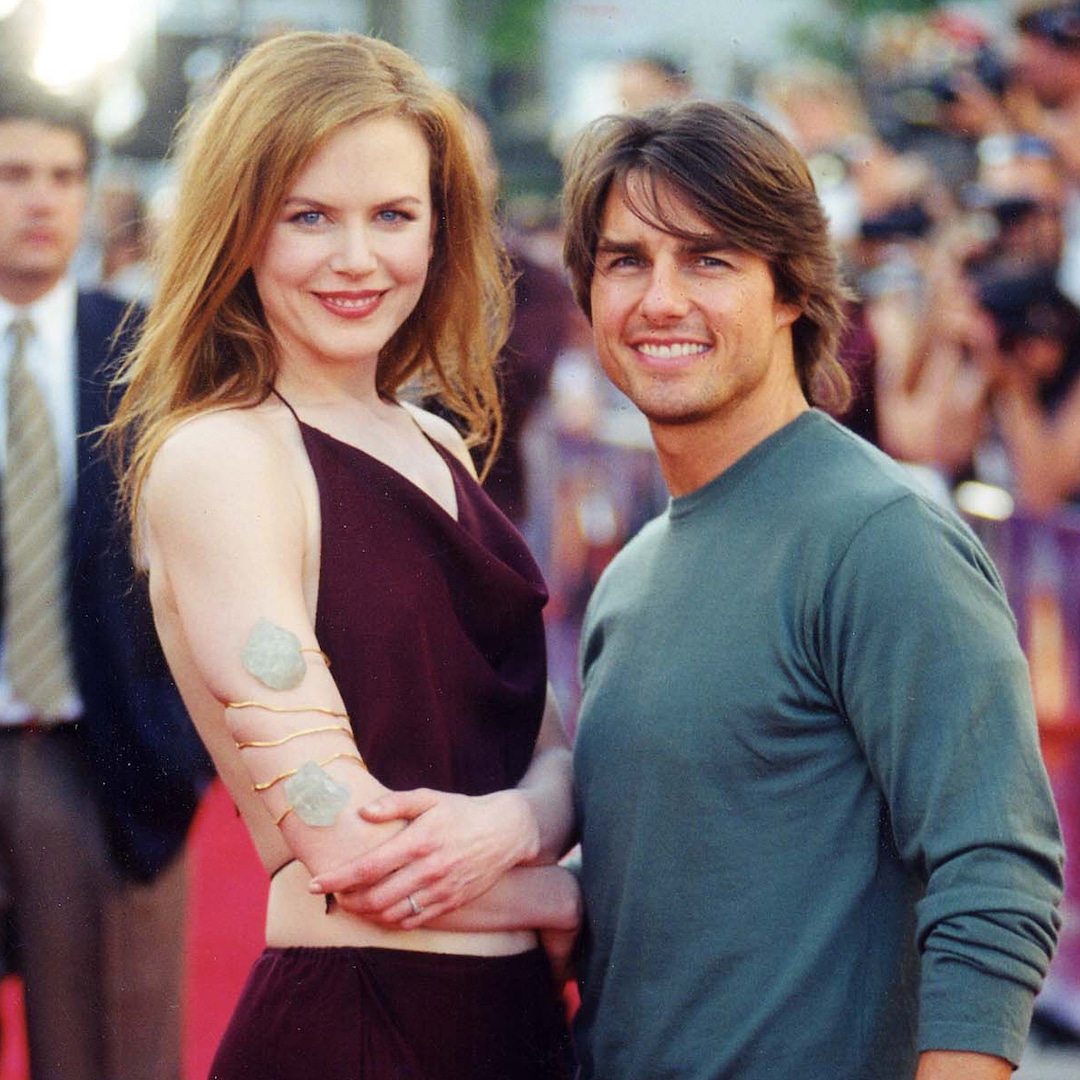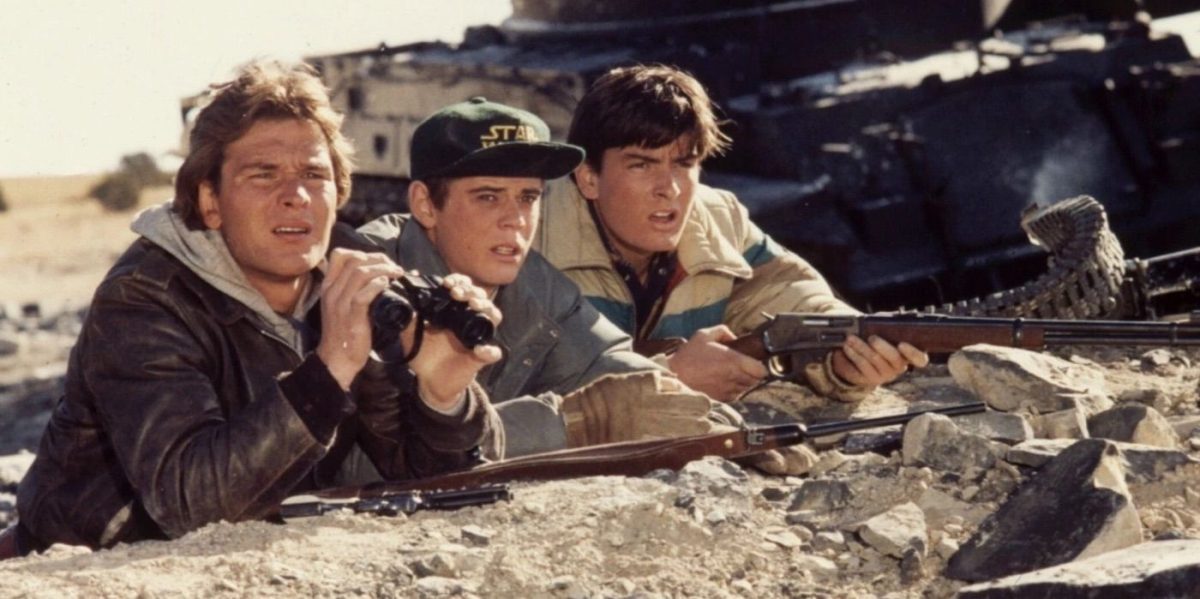
40 Years Later, ‘Red Dawn’s Message Is as Clear as Ever
Jun 25, 2024
The Big Picture
Red Dawn
, starring Patrick Swayze and Charlie Sheen, imagines a World War III where teenagers fight back.
The film’s political message sparks debate, seen by some as a tribute to insurgencies and guerrilla warfare.
Red Dawn
delves into the tension between generations and the price of freedom, with teenagers fighting for their lives.
Red Dawn is one of those movies where the initial premise sounds a bit ridiculous at first, but the longer you watch it, the more drawn in you become. It’s a survivalist action-adventure that grows on you over time, and now, 40 years later, still resonates with audiences. With a stellar cast that included Patrick Swayze, C. Thomas Howell, Jennifer Grey, Lea Thompson, and a young Charlie Sheen, Red Dawn made waves at the box office and became an ’80s favorite. Though reviews by critics were mixed, audiences flocked to theaters for this Cold War-era war picture that took us to an alternate history where World War III started back in the 1980s, and the soul of America was fought over on domestic soil. But this movie is about so much more than just United States vs Soviet Union politics, it’s about the enduring nature of the human spirit and about taking responsibility before things get out of hand.
Red Dawn It is the dawn of World War III. In the west mountains of America, a group of teenagers band together to defend their town, and their country, from invading Soviet forces.Release Date August 10, 1984 Director John Milius Runtime 114 minutes
What Is ‘Red Dawn’ About?
If you haven’t seen Red Dawn, we’ll break it down for you. Essentially, the plot boils down to a small Colorado town that is suddenly invaded by foreign, Soviet forces. These invaders proceed to take over much of the western United States, officially declaring World War III. Though many consider the basic plot to be preposterous, the opening explains that this only occurs after the United States was isolated from the world stage. The dissolution of NATO and the Soviet Union’s own failures were also contributing factors, which prompted the latter to become desperate and hostile toward Western Europe (which had gotten rid of its nuclear arsenal in the wake of political upheaval).
The east coast of the U.S. was then attacked by Soviet warheads that annihilated any federal leadership, giving the Soviets (and their Cuban and Nicaraguan allies) free rein over the western part of the country, now entirely disconnected from any nuclear support. Though the Midwest largely remains free, Colorado and its neighbors are under complete Soviet control. In many respects, Red Dawn is more thought out than this year’s Civil War, even if the remainder of the plot still feels a bit fantastical. It’s only after all of this that a band of teenagers escape and hide deep in the Rocky Mountains, eventually becoming a guerrilla force calling themselves “the Wolverines,” named after their high school mascot.
The Wolverines become a real thorn in the Soviets’ side as they continually disrupt their operations and rescue captured American citizens. Brothers Jed (Swayze) and Matt Eckhert (Sheen) lead the charge, with friends Robert Morris (Howell), the Mason sisters (Thompson and Grey), Danny (Brad Savage), and Arturo aka “Aardvark” (Doug Toby) fighting by their side. Eventually, Air Force Lt. Colonel Andrew Tanner (Powers Boothe) arrives to teach the insurgence how to best strike at the foreign enemy, but he’s tragically killed in battle. In a final strike, most of the Wolverines (save Danny and Erica, who escape) are killed, but they start a fire that ultimately leads to the end of World War III later on, with the U.S. ultimately coming out on top.
Folks Have Argued for Years About ‘Red Dawn’s Political Message
Image via Great American Films
Today, many consider Red Dawn nothing more than a simple conservative fantasy, a pro-American propaganda film that is an outdated product of its time. Present circumstances in Europe excluded, many believe these particular Cold War politics should be left in the ’80s. The fact that Ronald Reagan enjoyed it likely furthered these very same critiques. Though its patriotic flavor is potent, it’s that exact element that made Red Dawn a hit in the first place. At a time when many Americans were frightened by the threat of nuclear war (stories like The Terminator and WarGames were all too common), many wondered how we might fight back. Revisiting Red Dawn for its 40th anniversary, former Special Assistant to the U.S. Secretary of State Antonio De Loera-Brust asserted his belief that the picture’s subversive critique of foreign policy makes it stand out relating to the uneasy nature of the Vietnam War. “The film’s real trick is that it is not so much a conservative movie as a cinematic tribute to insurgencies and guerrilla warfare,” Loera-Brust wrote for Foreign Policy, “just made digestible for American audiences.”
The political analyst continued by likening Red Dawn to more famous pictures such as First Blood and Star Wars, which likewise frame the rebel characters as the heroes against a broken and disturbed establishment. Though the political undertones of these films are indisputable, Red Dawn is so much more than that. Of course, it’s unclear whether this subversion was intentional by director John Milius (who once praised the U.S. military’s real-life “Operation Red Dawn,” which led to the capture of Saddam Hussein) or just geopolitical happenstance. Vietnam was still lingering in the back of everyone’s minds, and Milius himself had even co-written Apocalypse Now a few years prior. But after Vietnam, the Red Scare permeated across America, and Red Dawn seemed to be Hollywood’s—or, at least, John Milius’—answer to those fears. It may not be Rocky IV, but it certainly got our blood pumping.
Related 10 Movies Like ‘Red Dawn’ For More Red-Blooded War and Action Thrills “Wolverines! Wolverines!”
Milius himself famously told The Los Angeles Times that he believed the film was staunchly “anti-war” (via AFI), noting that he hoped that folks on both sides of the Cold War conflict might see it and be dissuaded from any further military or nuclear action. That interpretation can clearly be drawn when we recognize, as De Loera-Brust does, that Red Dawn seeks to compare the Wolverines to American-based insurgents such as those who fought the British during the American Revolutionary War. In a way, Red Dawn paints itself as a then-contemporary take on American independence. But that’s still not the core of this alternate history picture.
‘Red Dawn’ Is Really About the Tension Between Generations and the Price of Freedom
One scene in particular rests as the crux of De Loera-Brust’s argument, where he concludes rightly that “those under occupation have a right to fight back.” While this is a clear theme throughout Red Dawn (one that has been replicated in present-day Ukraine, where some have clearly taken the film to heart), I’m still not convinced it’s the final message. While some might think that the most philosophical Red Dawn gets is the moment Jed justifies the Wolverines’ actions by reinforcing their right to be there (“Because we live here,” Swayze yells through tears), it’s just the tip of the iceberg. While this is a powerful moment that perfectly encapsulates the horrors and complications of war, Red Dawn’s philosophies on the price of freedom run much deeper, and harken back to the film’s beginning.
In many ways, Red Dawn is less about “what would happen if someone did this to us,” and more about the tension between generations. It’s worth noting that the Wolverines are made up entirely of teenagers (with attitude) who want nothing more than to live their lives apart from the conflict that their parents’ generation couldn’t resolve. In fact, we see many of their parents and elders killed on screen by the invading forces, hardly putting up a fight before they’re blown away. They can’t follow their children into the mountains because they recognize their part in this. It’s in part because of their failures that the Wolverines are forced to take matters into their own hands. The inaction of previous generations opened the door to these major consequences. We’re told at the beginning of the film that the United States isolated itself in the years before WWIII, but it’s left up to the imagination what exactly that means. Because the U.S.—and perhaps more accurately, its citizens—turned a blind eye, many of the Wolverines paid the ultimate price.
The eruption of the Cold War conflict could have been avoided. World War III didn’t have to happen. Perhaps the true meaning of Red Dawn, as John Milius himself alluded to, is more than just “those under occupation have a right to fight back,” but also that the inaction of one generation will always lead to the forced action of the next. Maybe the picture is “anti-war” simply because it warns us of the consequences of it, not just for ourselves but for our children. In the case of the Wolverines, they were forced to give up their childhood dreams and ambitions (football games and movies) for the sake of their freedom. While there’s certainly some political commentary in there about how we as a nation ought not to do the same to others, all of Red Dawn hinges on the fact that freedom itself isn’t free. When one generation fails to preserve the good, the true, and the beautiful, it becomes the responsibility of the next to either reclaim it or forsake it forever. No wonder Red Dawn was remade almost 30 years later, and although the players changed, the message remained.
Red Dawn is available for streaming on Max.
Watch on Max
Publisher: Source link
The Internet Has Officially Lost It Over Andrew Garfield's Slutty Glasses
That man knew exactly what he was doing with those glasses.View Entire Post › Disclaimer: This story is auto-aggregated by a computer program and has not been created or edited by filmibee.Publisher: Source link
Jan 9, 2025
Armie Hammer Lands First Movie Role Since Cannibalism Allegations
Armie Hammer Cameos As “Kannibal Ken” in Music Video 4 Years After Cannibalism ClaimsArmie Hammer is heading back to the big screen. More than one year after the Los Angeles Police Department ended their lengthy investigation into the Call Me…
Jan 9, 2025
20 Best Dressed Men At The 2025 Golden Globes
20 Best Dressed Men At The 2025 Golden Globes The televised portion of awards season is here! On Sunday night, the Golden Globes were held in Los Angeles, kicking off what looks to be a lively next several months of…
Jan 8, 2025
Tom Cruise & Nicole Kidman’s Son Connor Shares 2025 Update in New Pic
Tom Cruise and Nicole Kidman's Son Connor Cruise Golfs With Crocodile in New PostTom Cruise and Nicole Kidman's son is teeing up for a great year. Connor Cruise recently kicked off 2025 at the links, swinging by Lost City Golf…
Jan 8, 2025



